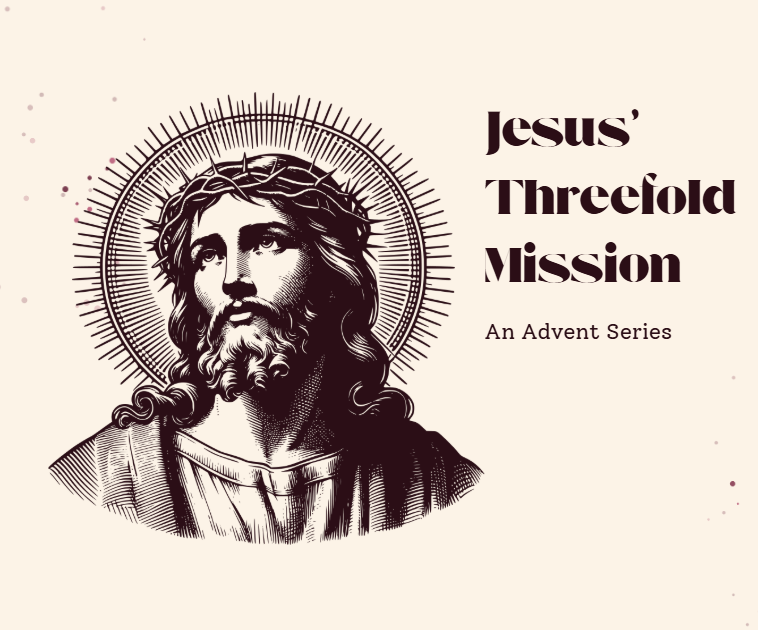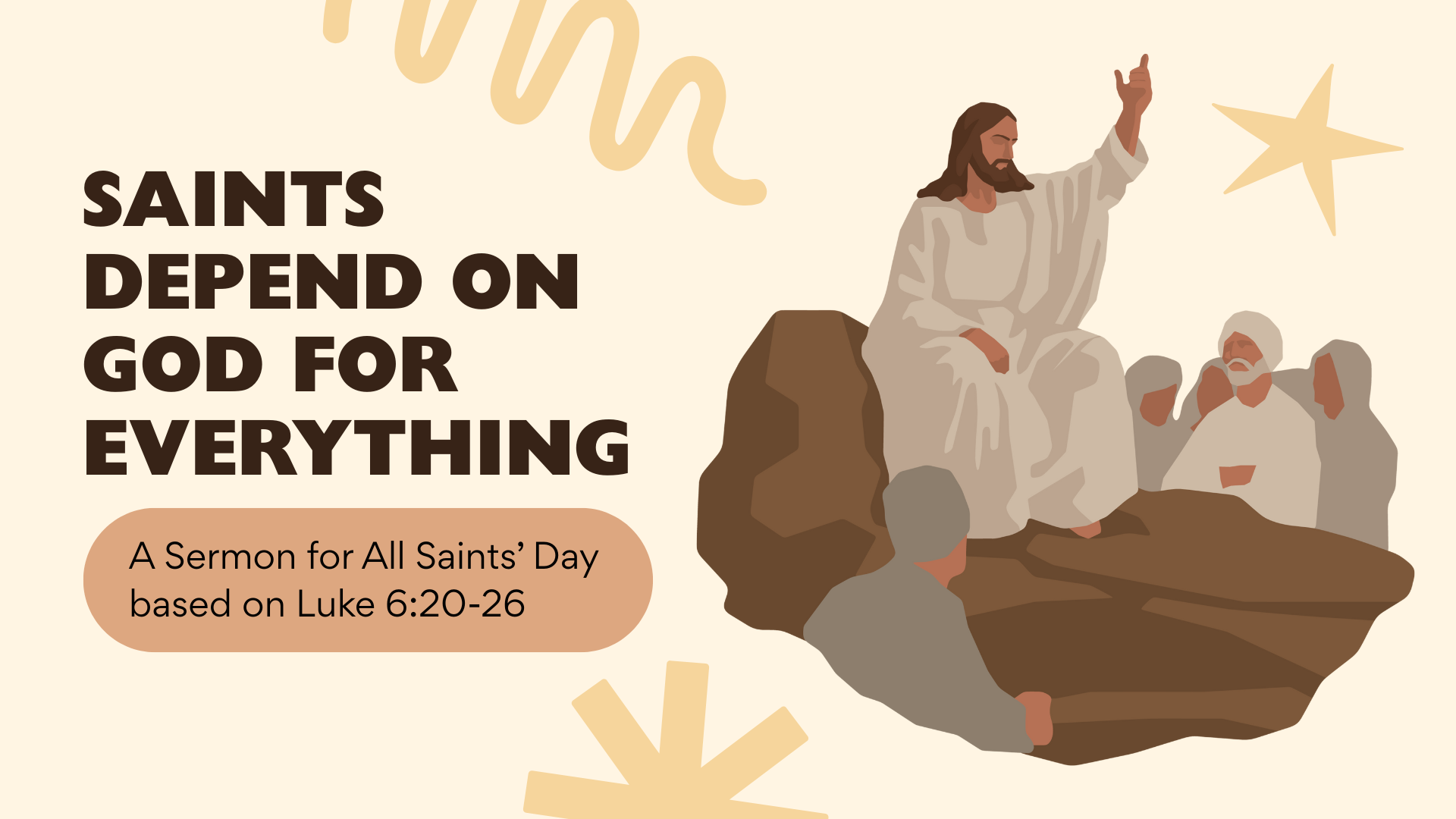"Prove it!"

By the time you read this, Valentine’s Day will likely have passed. How did it go for you? Which outcome do you most resonate with?
A) You knocked it out of the park. You went the full nine yards for your beloved
B) You did your best, but because of financial or time constraints, you’re worried about whether your efforts were effective.
C) You are glad it’s over, because you can’t stand the commercialization and greed of those who profit off of your romantic love
D) To you, Valentine’s is a sick and unwelcome reminder of love lost, or loneliness.
Allow me to suggest that all Valentine’s Day activities and attitudes center on the need for proof. If you are in the A category, you feel that you satisfactorily proved your love to your beloved. If you’re B, you did your best, hoping it was enough to prove your love genuine. If you’re C, you likely said, “I shouldn’t have to prove that I love my significant other to anyone!” If you’re D, Valentine’s Day instead is proof that there’s something missing from your life, because you have love to give, but nobody to give it – to prove it - to.
What is proof if not the point at which our questions cease, our doubts are calmed, and our curiosities satisfied? You can tell me that the moon is made of cheese, but only when you present some moon cheese for me to taste are you lending me proof. Today we’re discussing how baptism is proof that God’s love and salvation are ours.
Assuming you’ve read our devotion series up to this point (if not, pause here and circle back to previous posts with “A discussion of…” in the title), you’ve walked with us on a great biblical journey. You went to the Garden of Eden with us, where all mankind’s problems first began (Genesis 2-3). You heard with us God’s plan of salvation (Genesis 3:15). You have seen with us that only through the person and work of Christ do we have any hope of salvation, but that Jesus came into the world to bring exactly that salvation we’re so desperate for (John 3:16-17). You heard with us that “faith” is that trust-relationship with God that connects you to Christ and saves your life by changing it entirely (Galatians 2:20). And all this is done for you as a free gift of God’s grace (Ephesians 2:8).
God, in his infinite grace and wisdom, has not stopped there. He has given us proof of this new reality in the gift of baptism. We get the word “baptize” directly from the Greek βαπτιζω, which means “to wash.”* Jesus’ relative John prepared the masses to understand the significance of his distant cousin’s arrival by baptizing them (Mark 1:4-5), pouring water over the baptized, or immersing them completely (we’re not told whether John and later baptizers always did either or both, just that water was always used), connecting this action with “repentance for the forgiveness of sins” (Mark 1:4). Jesus himself began his ministry of teaching and healing by being baptized by John (Matthew 3:13-15). Why? Because this was a new era for God’s people, and God was showing believers to look to baptism for blessing, which Jesus (having set aside full use of his divine power in what theological bigwigs call his “state of humiliation”) benefitted from. Sure, Jesus did not need repentance for the forgiveness of his sins (Matthew 3:14), but by being baptized in his humble state, he showed that baptism is for blessing.
Jesus accomplished our salvation by living out the righteousness that God’s Law requires (Leviticus 11:44). He suffered death to remove our guilt (Isaiah 53:5). He rose from the dead, affirming that we are at peace with God (John 20:19). After all this, some of his last words to his disciples before ascending into heaven gave the answer to the “so now what?” that was lingering on their minds:
“Therefore go and make disciples of all nations, baptizing them in the name of the Father and of the Son and of the Holy Spirit, and teaching them to obey everything I have commanded you. And surely I am with you always, to the very end of the age.” (Matthew 28:19-20)
Jesus’ parting command to his disciples was to make more disciples. He commanded that they carry forward the ministry of baptism, of washing people with water in the name of Father, Son, and Holy Spirit, for the forgiveness of their sins, and to accompany that baptism with teaching and growing in the faith.
What is the meaning of this baptism? Is it just what you do when someone is ready to become a Christian, to show that they are really serious about their walk with Christ? Consider what Jesus says in John 3:5-6, “Jesus answered, “Very truly I tell you, no one can enter the kingdom of God unless they are born of water and the Spirit. Flesh gives birth to flesh, but the Spirit gives birth to spirit.” We are born in sin (Psalm 51:5), and sin’s cycle will continue into future generations unless someone intervenes. Jesus says that baptism (water and the Spirit) is how that cycle is disrupted. It makes a child of “the flesh” (a common metaphor for sin in the New Testament) into a child of “the Spirit” (a common metaphor for that trust relationship with God, faith – See Romans 8:14-17). Jesus is teaching that baptism itself bestows the faith relationship with God we so desperately need.
Not convinced? Read Titus 3:4-7, where Paul calls baptism, “the washing of rebirth and renewal by the Spirit,” and declares that baptism “saved us,” by pouring the benefits of Christ on us generously. Baptism bestows the blessings of what Christ has done onto the person being baptized.
Still unsure? 1 Peter 3:21 teaches that baptism “saves you” by connecting you to the work Jesus has accomplished for you, and thereby becomes your “pledge of a clear conscience.” Therefore, your baptism becomes your PROOF that God loves you, that you are his child, and that you are saved.
Wait a second! I thought we said that we are saved by God’s grace through faith alone (Ephesians 2:8), that faith only comes from hearing the gospel (Romans 10:17), and that the gospel alone is the power to save people (Romans 1:16-17). Can we really be so bold as to suggest there is another way to be saved other than hearing the gospel?!
Pardon my facetiousness, but we’re not saying that there are multiple ways to be saved. There is only one way to be saved, and that is through faith – a trust-relationship with God that connects you to God’s love. But the emphatic statements of baptism’s blessings show that this washing of water and the Word is a method God uses for giving the gospel! Many come to faith by hearing and believing the gospel. Many more come to faith because they were brought to be baptized. The faith is the same. The delivery method may have been different.
Now, for some rapid-fire questions!
Q: If you come to faith by hearing the gospel, do you still need to get baptized?
A: Not only does Jesus want us to be baptized (Matthew 28:19), but look again at the passages cited above, and notice the blessings that it gives. The better question is, if I trust in God’s Word to provide me with these great blessings, why wouldn’t I want to receive them?
Q: If someone passes away without a chance to baptized, are they condemned for the simple reason that they were never baptized?
A: Remember this: God saves a soul by giving that life-giving faith in the gospel. God is able to accomplish this in someone’s heart through hearing the message (Romans 10:17). Although we would want such a person to be baptized in order to receive its blessings, we would not assume that they would go to hell if they passed away before having that chance to be baptized.
Q: If someone is baptized by a church leader who later is found out to be a false teacher, or they are baptized in one denomination but now desire to become a Lutheran, do they need to be re-baptized?
A: After looking at all the passages about baptism above, where did you notice that the power to forgive and save comes from? It never comes from the person doing it. It always comes from the Word that accompanies it. If a person is baptized in a church that does it “in the name of the Father, Son, and Holy Spirit,” then that baptism was effective. After all, what church leader can boast of such great character and perfection in teaching that they themselves give baptism its power? Answer: none.
Q: If someone gets baptized and trusts in this for their salvation, doesn’t that eliminate any need or encouragement for godly living, since they can say, “I’m going to heaven because I was baptized”?
A: Far from it! Read 1 Corinthians 6:9-11, Romans 6:1-4, and Galatians 3:26-27. In every case, the fact that you are baptized is used as proof that you should fight against sin, you should reject temptation, you should live for God! These passages essentially say, “Sin is not who you are anymore! Live who you are, as a baptized child of God.” God saved you by his grace first and foremost. We never earned it or deserved it, so why would we need to earn or deserve God’s salvation after it’s given? Rather, God has changed our lives and hearts. We want to live out that newness of life by listening to God’s Word and following what he desires (Galatians 2:19-21).
There are many other questions and topics surrounding baptism that we could talk about, and should. I hope you are able to join us for these discussions on Sunday mornings at 9am, and worship at 10:15am. For now, let me close with this thought:
Baptism is about proof. Many people falsely teach that it is your moment to prove that you’re ready to follow God, that you’re really serious about your relationship with him and are ready to fully commit. That’s not the Bible’s perspective on baptism at all. Baptism is about God proving his love to you. Whether you’re a full-grown adult or a newborn baby, God washes you and purifies you through baptism, totally forgiving your sins. He makes your heart a home for His Spirit (1 Corinthians 6:19), and declares you his own dear child (1 John 3:1). Baptism is not your gift to God, but his gift to you. Therefore, your baptism becomes your moment to look back on for comfort and assurance that God’s grace, salvation, and love are all yours in Christ.
Pastor Mike Cherney
P.S. Are you interested in baptism, for you or a loved one, and want to talk more? Please get in touch with us! Email pastormike@trinityelpaso.org, or pay us a visit and speak with Pastor Mike or a church leader! We would be honored and overjoyed to help!
*William Arndt et al., in
A Greek-English Lexicon of the New Testament and Other Early Christian Literature (Chicago: University of Chicago Press, 2000), 164.







